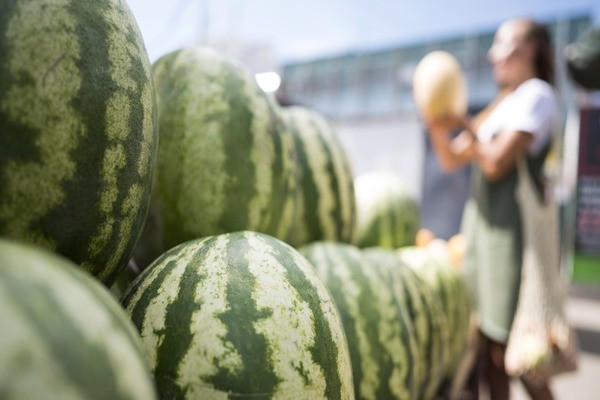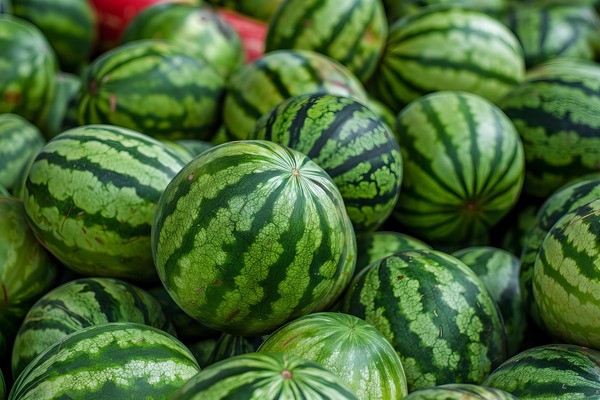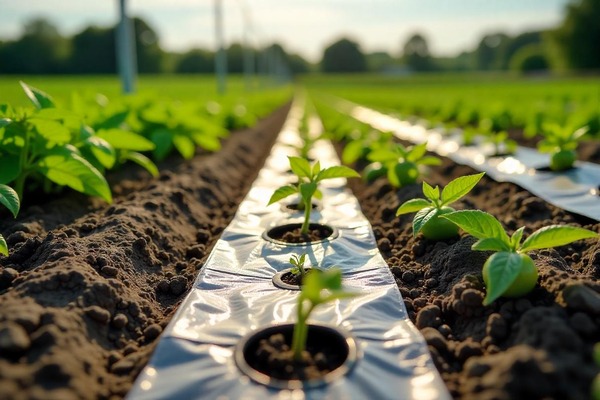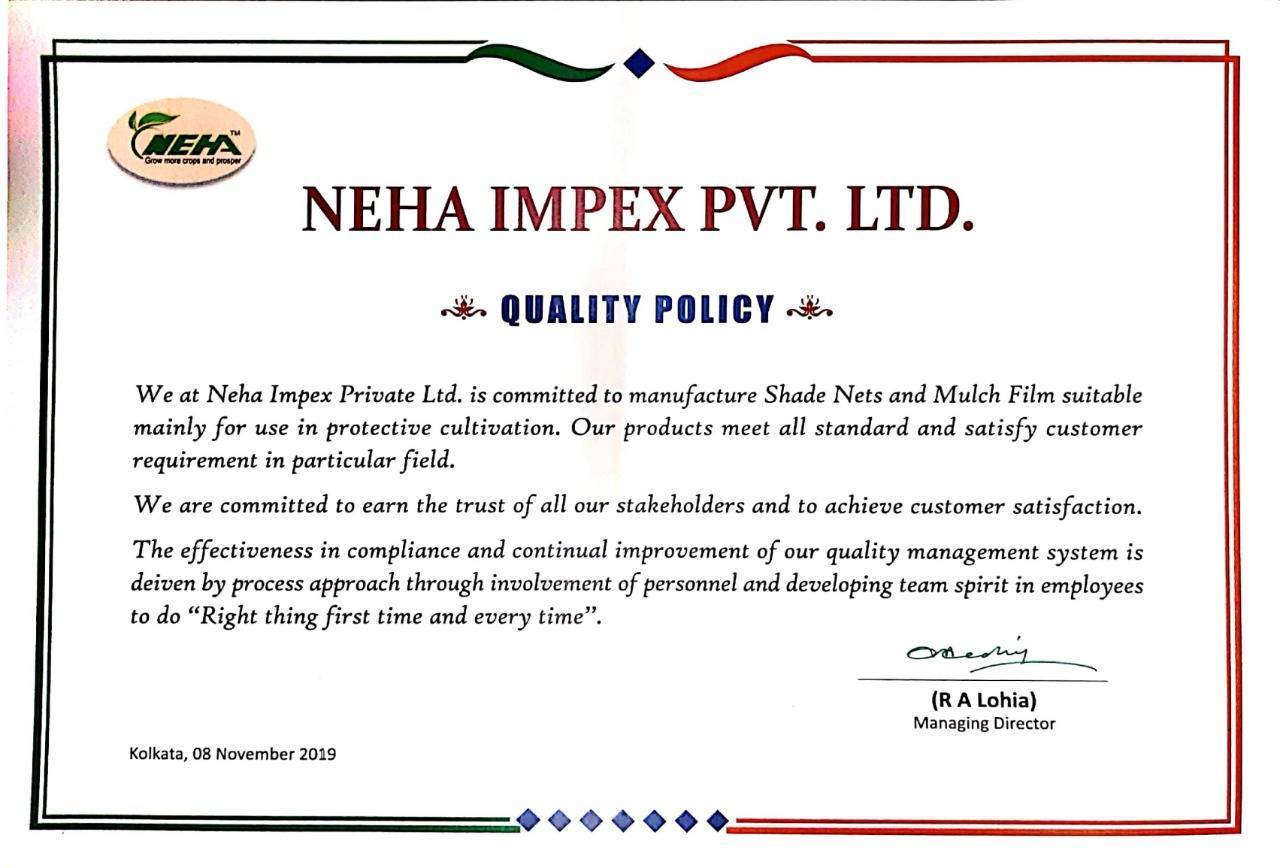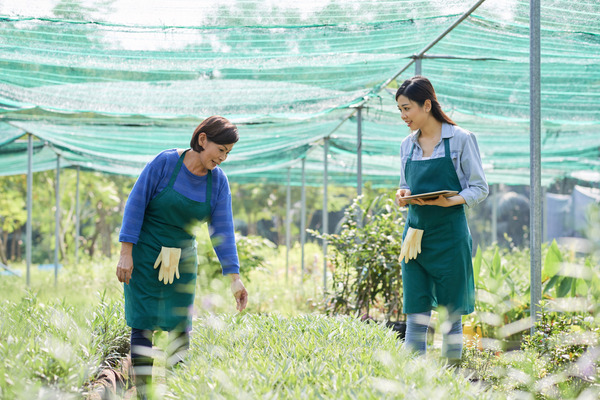
Organic farming is about looking after the soil, and biodiversity and producing healthy crops chemical-free. However, this farming type is not free from its share of problems, from pest control to fighting furious weather conditions. Organic farmers will always try to seek options compatible with the principles of sustainability and ecological guidelines. One such practical toolset is the shade net agriculture. This is a simple and effective solution to protect crops, help conserve resources, and increase yield, making it the ideal ally in organic farming.
Here's how shade nets complement organic practices and promote sustainability.
1. Natural Pest Control Without Pesticides
One of the biggest challenges in organic farming is having pests controlled without the use of synthetic pesticides. A shade net agriculture provides a physical barrier to block out many pests, particularly those that attack crops within daytime hours. For instance, flying insects such as aphids, whiteflies, and beetles find it difficult to reach the crops when they are under a shade net. These are some of the most common pests known to damage plants and considerably reduce yields.
Organic farming can present a cleaner and more health-conscious environment, reduced extensively by chemical treatments or organic pest control products, through the use of shade nets. This just goes with the basic principles of organic farming.
2. Improved Temperature Control & Reduced Water Usage
Extreme and fluctuating temperatures cause stress among plants, thereby reducing their growth and quality. Shade nets avoid such problems by regulating temperature beneath the canopy. Provisions of partial shade have created a microclimate away from direct solar radiation that reduces excessive evaporation, thus allowing plants to develop healthily and grow in warmer regions.
Shade nets would be helpful for organic farmers who want to make full use of the available resources. A tremendous amount of water saved from the irrigation process implies that less water is utilized, and this becomes a substantial resource that should be used rather conservatively for sustainable farming. In addition, the heat stress in the plants would be lesser, thus having stronger crop growth and better quality.
3. Enhancing Crop Quality
Quality comes with organic farming. It is the demand from the consumer end for fresh and tasty organic produce that organic farmers with the use of shade nets can reliably provide under controlled conditions. For instance, the right shade net filters out too much sunlight, often problems, like leaf burns, wilted plants, and discolouration, plaguing open and sunny fields.
Shade nets play a pivotal role in ensuring uniform crop quality. Organic produce would look appealing and fetch market worth under this system. The controlled environment also supports nutrient retention, which is important both in terms of taste and nutritional value.
4. Promoting Biodiversity
Organic farming promotes the concept of biodiversity. Shade netting helps promote this theme by creating perfect conditions for a large number of insects and plants beneficial to the produce. Companion plants are often grown alongside crops by organic farmers. These attract pollinators such as bees, butterflies, or ladybugs, supporting the natural control of pests.
Another reason shade nets are helpful is that while they create a buffer against pests that could harm the crops, they are designed with selective openings or applied in combination with pollinator-friendly spaces so that the beneficial insects have access to crops when they are needed. Shade nets also support biodiversity through the ability of organic farmers to provide layered ecosystems that feature different plants and herbs thriving in shaded or sunlit areas- this promotes health in soil and reduces its risk of depleting.
5. Boosting Soil Health Through Reduced Erosion
Organic farming depends heavily on healthy soil as a basic foundation. Shade netting protects some surface impacts of heavy rain, strong wind, and too much solar exposure from damaging the soil through erosion. By minimizing direct exposures, it retains the composition of the structure of the soil and helps to save moisture, thereby enabling beneficial microorganisms and organic matter in the soil.
This further means that farmers disturb the topsoil less and maintain the soil's natural fertility, avoiding the need for artificial supplements. The outcome? A farm that sustains itself better, with healthier soils that could hold organic crops year after year.
6. Lower Carbon Footprint
Shade nets themselves contribute to sustainable organic farms. Shade nets are relatively light, use fewer resources for setup, and allow farmers to reuse them season after season, unlike greenhouses or other permanent structures. This reduces the need for such energy-intensive infrastructure, minimising the carbon footprint for the farm.
Since the use of these shade nets helps in water conservation, prevents crop damage, and enhances yield, the farmer can make an optimum utilization of effort in each season. The reduced number of input variables together with reduced loss due to crops would naturally enhance the sustainability of the farm, thus making it more resilient and eco-friendly.
Shade Nets From Neha Mulch And Organic Farming: A Perfect Pairing For Sustainable Agriculture
Shade nets from us at Neha Mulch have proven to be an excellent tool for organic farmers. Using them ensures a sustainable means of protecting crops while promoting growth and supporting the natural aspects of farming. Shade nets solve problems such as temperature fluctuations, conserve water, and create a healthy environment for plants, aligning harmoniously with the goals of organic farming.
Shade nets are one of the best investments for organic farmers wishing to maximise crop quality with the minimum environmental impact. While they protect the crops, they help create a healthier ecosystem; therefore, they are an excellent solution for continued sustainable and resilient agriculture in an eco-friendly manner.
Read More: The Role Of Shade Net Agriculture In Organic Farming

